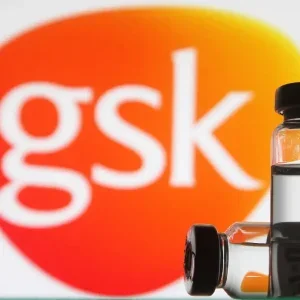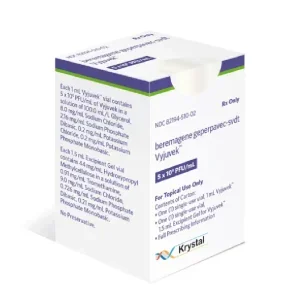
The US Food and Drug Administration (FDA) has granted accelerated approval to Dizal’s Zegfrovy (sunvozertinib) for the treatment of non-small cell lung cancer (NSCLC) with epidermal growth factor receptor (EGFR) exon 20 insertion mutations.
This approval applies to adult patients whose condition has progressed following platinum-based chemotherapy, contingent upon an FDA-approved test for detection.
Zegfrovy, an oral irreversible EGFR inhibitor, specifically targets a broad range of EGFR mutations while maintaining selectivity for wild-type EGFR.
Dizal CEO Xiaolin Zhang said: “We are proud to have developed Zegfrovy, a first-in-class oral therapy that offers a more effective treatment option with enhanced safety and ease of administration for NSCLC patients with EGFR exon20ins.
“The accelerated approval of Zegfrovy marks a significant milestone that underscores our commitment to developing groundbreaking new medicines for patients with high unmet medical needs around the world.”
The approval was influenced by data from the pivotal WU-KONG1 Part B study, which assessed the treatment’s efficacy and safety in relapsed or refractory NSCLC with EGFR exon20ins mutations.
Priority review and breakthrough therapy designation were previously awarded to Zegfrovy by both the FDA and China’s National Medical Products Administration’s Center for Drug Evaluation. The drug had earlier received accelerated approval in China in August 2023.
Coinciding with this development, the FDA has also approved the Oncomine Dx Express Test by Thermo Fisher Scientific as a next-generation sequencing companion diagnostic for Zegfrovy. This test helps identify NSCLC patients with EGFR Exon20 insertions swiftly and accurately, delivering results within 24 hours using the Ion Torrent Genexus Dx System.
Dizal is further exploring Zegfrovy’s potential through its multinational WU-KONG28 phase III study, which compares it with platinum-based doublet chemotherapies in newly diagnosed NSCLC patients with EGFR exon20ins across 16 countries.
Interim reports presented at the 2023 European Society for Medical Oncology Annual Meeting showed a confirmed objective response rate of 78.6% and a median progression-free survival of 12.4 months when used as a first-line treatment.
Additionally, Zegfrovy has shown promising anti-tumor activity in NSCLC patients with various EGFR mutations, including T790M and uncommon mutations like G719X and L861Q, as well as HER2 exon20ins. Its clinical trials revealed a well-tolerated safety profile, with most treatment-emergent adverse events being mild and manageable.






